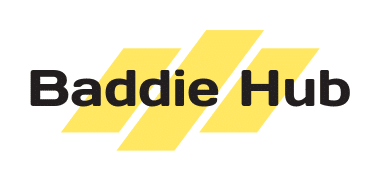VPN Meaning and Importance: How It Protects Your Online Privacy

From smartphones and laptops to smart TVs and consoles, most people spend more time connected to the internet than ever. However, while this allows us to comfortably talk to our friends, share our favorite memes, and catch up on the latest TV shows, there is also a dark side to the internet that you must be aware of. The more connected we are, the easier it is for hackers, bad actors, and advertisers to steal sensitive data.
This constant risk is why it is tremendously important to ensure that you always protect your information and identity while browsing the internet. This is where Virtual Private Networks (VPNs) can make a difference. By utilizing this simple tool, you can take the bold steps of securing your information, allowing you to use the internet without the fear that someone will steal your data.
What Does a VPN Mean and How Does it Work?
If you have ever wondered how to protect your digital information, understanding the VPN meaning and how they work is a great place to start. A VPN stands for Virtual Private Network, and they are simple tools that help to safeguard your data by creating a secure connection between your device and the network. The best way to think about it is that VPNs are like a blender that jumbles up all the data you send out or receive, making it harder for hackers and advertisers to understand what you are doing.
Benefits of Using a Virtual Private Network
Virtual Private Networks have endless benefits that make them the go-to tool for anyone looking to protect their data. However, while the features of a VPN may change depending on your provider, most VPNs provide the following benefits:
Masked IP Address
One of the easiest ways advertisers and hackers track you as you use the internet is by monitoring your IP address. For instance, if you are searching online for shoes, advertisers may use your IP address to detect your location and flood your social media feeds with local shoe store ads. Over time, this consistent tracking can allow advertisers to build up a digital profile of your habits, interests, favorite websites, and browsing history.
The good news is you never have to worry about this issue with a VPN, as it will change your IP address each time you connect. Depending on your preferences, you can even choose an IP address in a different country. This simple process makes it much harder for bad actors to stay up-to-date on your preferences, allowing you to browse the internet without any worries.
Improved Security on Public Networks
If you’ve ever used Wi-Fi at an airport, coffee shop, or fast-food restaurant, there’s a good chance you have connected to a public network. While using these networks allows you to scroll through social media casually or watch a YouTube video, they are tremendously insecure. When you connect to a public Wi-FI, your data becomes exposed to everyone else on the network, including hackers. This means crucial information like emails, passwords, and even credit card details can be stolen without your knowledge.
Fortunately, VPNs help ensure this never happens by encrypting your connection before you send out any information. This allows you to freely use public networks without worrying about hackers stealing your data. So, be sure to grab a VPN before your next visit to the coffee shop to ensure you remain protected.




